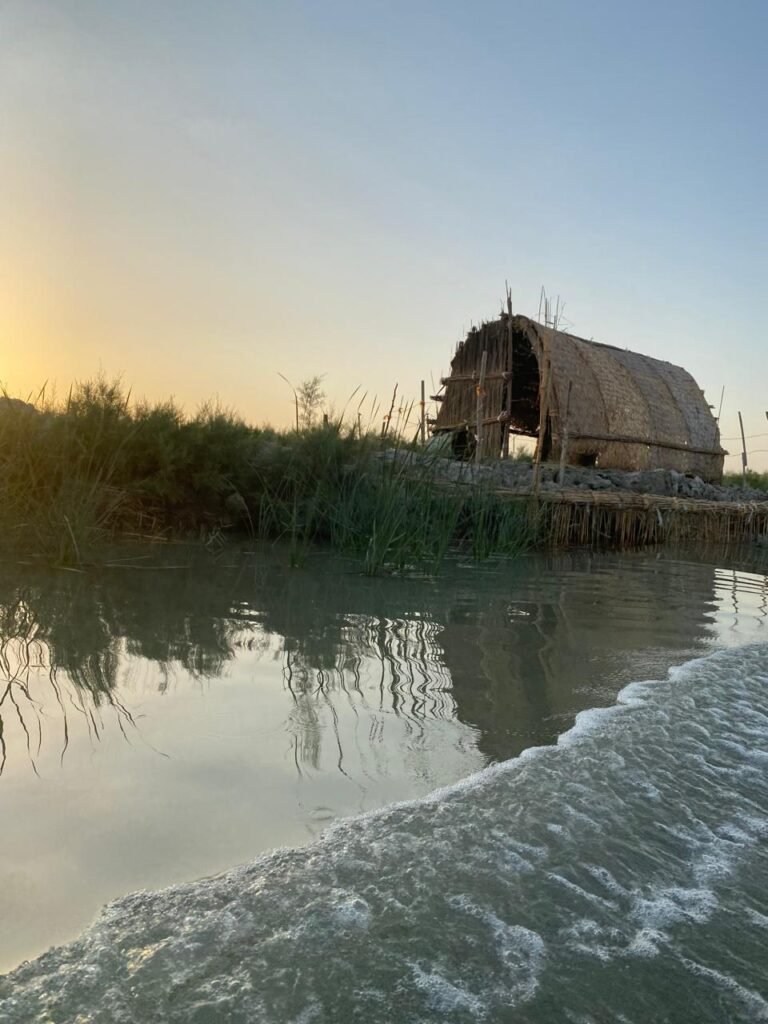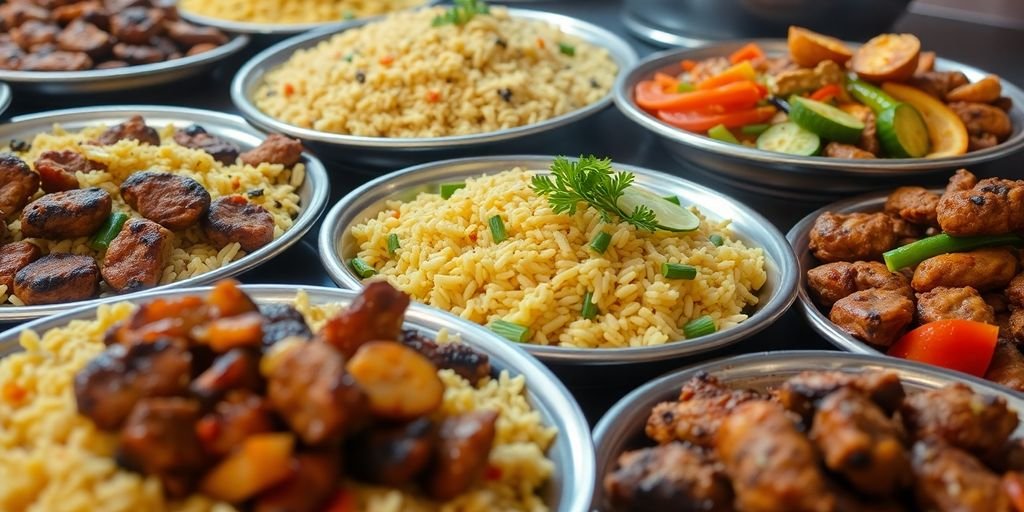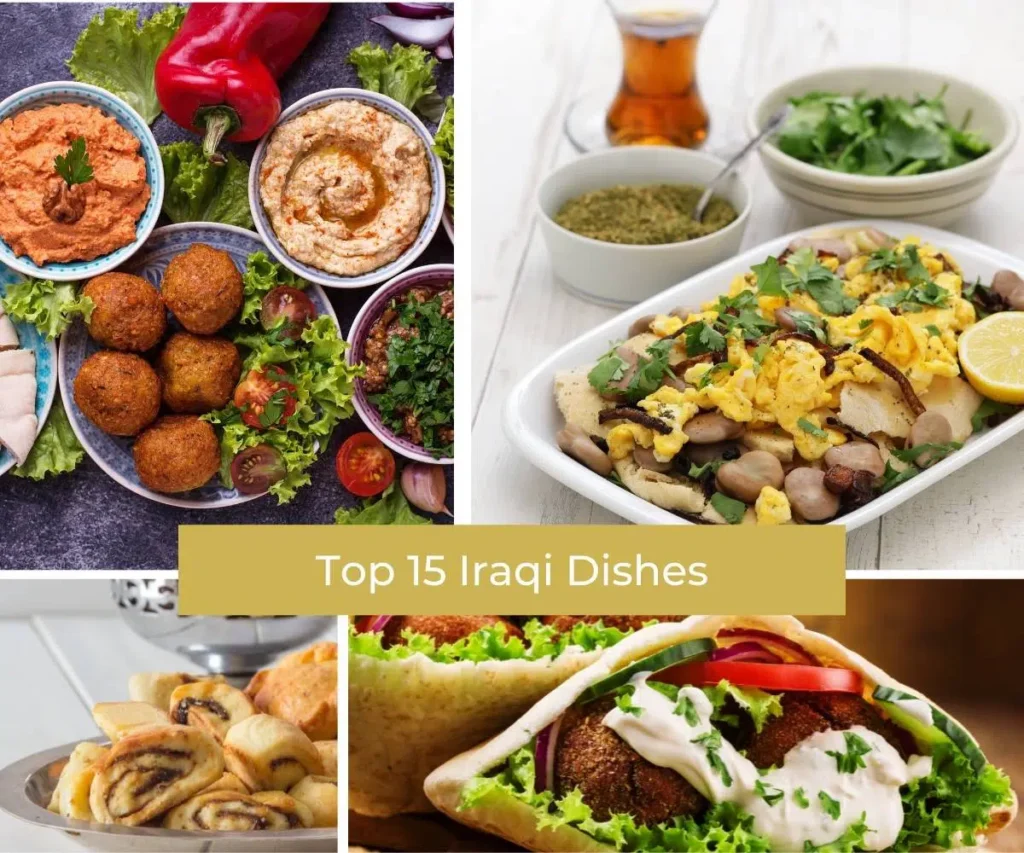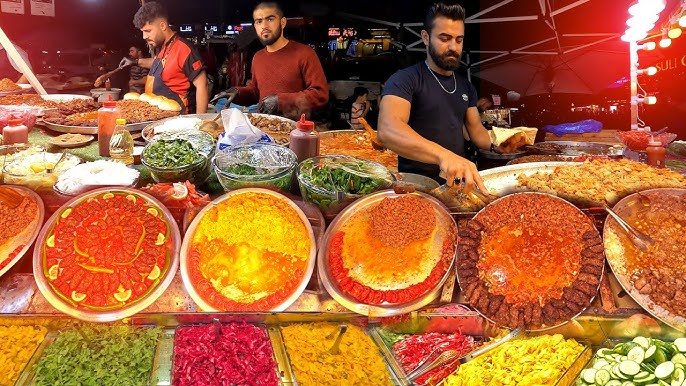Introduction
Iraq is a country rich in history, culture, and stunning landscapes. As one of the most fascinating travel destinations in the Middle East, it offers visitors the chance to explore ancient ruins, bustling markets, and breathtaking natural wonders. However, traveling to Iraq requires careful planning to ensure a smooth and safe experience. In this guide, we’ll cover essential travel tips, from visa requirements to safety recommendations, to help you make the most of your journey.
1. Visa and Entry Requirements
Before traveling to Iraq, it’s important to check the visa regulations. Iraq offers visa-on-arrival for citizens of over 30 countries, including the U.S., UK, Canada, Australia, and most EU nations. If you’re eligible, you can obtain a visa at Baghdad, Basra, or Erbil airports for approximately $77 USD.
For those who need a pre-approved visa, you should apply through the nearest Iraqi embassy or consulate. Make sure your passport is valid for at least six months beyond your stay. If you plan to visit Kurdistan (Erbil, Sulaymaniyah, or Dohuk), you may not need an Iraqi visa, as the Kurdistan Regional Government (KRG) issues separate visas.
2. Safety Tips: Staying Secure While Traveling
Iraq has made significant progress in terms of security, but travelers should still take precautions:
- Stick to safer regions – Kurdistan (Erbil, Sulaymaniyah, and Dohuk) is one of the safest areas for tourists. Cities like Baghdad, Najaf, and Karbala are generally safe, but avoid remote or unstable regions.
- Use a local guide – Hiring a trusted local guide can make travel safer and more convenient, especially if you don’t speak Arabic or Kurdish.
- Stay updated on travel advisories – Check your country’s travel advisory before planning your trip.
- Be mindful of photography – Avoid taking photos of government buildings, military zones, or sensitive locations.
3. Transportation: Getting Around Iraq
Iraq has several transportation options, but planning ahead is key:
- Domestic Flights – Iraq has several airports, and domestic flights are available between Baghdad, Basra, Najaf, and Erbil. This is the fastest way to travel long distances.
- Taxis & Ride Apps – In cities, taxis are widely available, but always negotiate the fare beforehand. In Kurdistan, apps like Careem (similar to Uber) can be used.
- Private Drivers – Hiring a private driver is highly recommended for exploring different cities. Many hotels can arrange this service.
- Public Buses – Public transportation is available but can be challenging for foreigners due to language barriers.
4. Best Time to Visit Iraq
Iraq has a hot desert climate, with summer temperatures exceeding 50°C (122°F) in some areas. The best time to visit is:
- Spring (March–May) – Pleasant weather, ideal for sightseeing and outdoor exploration.
- Autumn (September–November) – Cooler temperatures, great for visiting historical sites and nature reserves.
- Winter (December–February) – Cool temperatures, especially in Kurdistan, where snowfall can be seen in the mountains.
5. Currency and Payments
The currency in Iraq is the Iraqi Dinar (IQD). While credit cards are accepted in some hotels and major cities, Iraq remains a cash-based economy, so it’s best to carry local currency.
- Exchange money at official exchange offices or banks – Avoid street money changers to prevent scams.
- Use U.S. dollars in some areas – Many businesses in Kurdistan and major cities accept USD, but you’ll receive change in dinars.
6. Dress Code and Cultural Etiquette
Iraq is a conservative country, and dressing modestly is important.
- Men – Long pants and short- or long-sleeved shirts are appropriate.
- Women – Long skirts, loose-fitting pants, and long-sleeved tops are recommended. In cities like Baghdad and Najaf, women should carry a scarf to cover their hair when visiting religious sites.
- Religious Sites – Always dress respectfully when visiting mosques or shrines. Some sites may provide appropriate attire at the entrance.
7. Food and Water Safety
Iraqi food is delicious, but it’s important to be cautious:
- Eat at reputable restaurants – Street food can be tempting but may cause stomach issues if not prepared hygienically.
- Drink bottled water – Tap water is not always safe to drink, so always opt for bottled or filtered water.
- Try local specialties – Don’t miss out on dishes like Masgouf (grilled fish), Kubba (stuffed dumplings), and Dolma (stuffed grape leaves).
8. Internet and SIM Cards
Staying connected in Iraq is easy with local SIM cards:
- Best providers – Zain Iraq, Asiacell, and Korek are the main mobile carriers.
- Where to buy – SIM cards can be purchased at airports, phone shops, and some hotels. You may need to show your passport for registration.
- Internet – Wi-Fi is available in hotels and cafés, but mobile data is the most reliable way to stay connected.
Conclusion
Iraq is a destination like no other, offering a blend of ancient history, vibrant culture, and warm hospitality. While traveling here requires preparation, following these tips will help you have a smooth and enjoyable journey.






